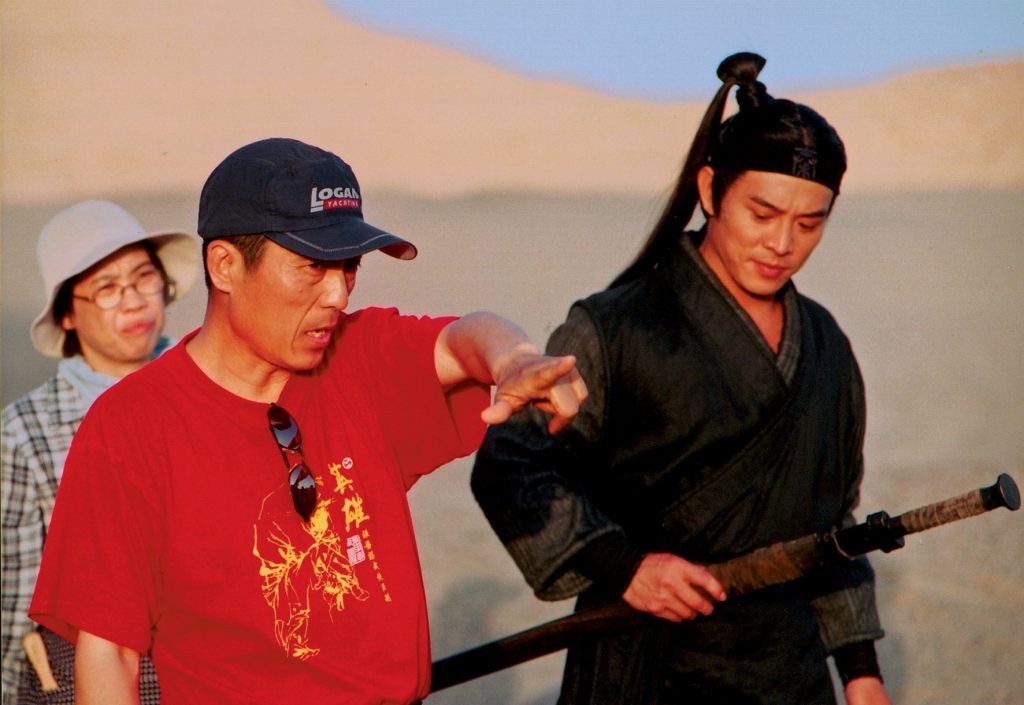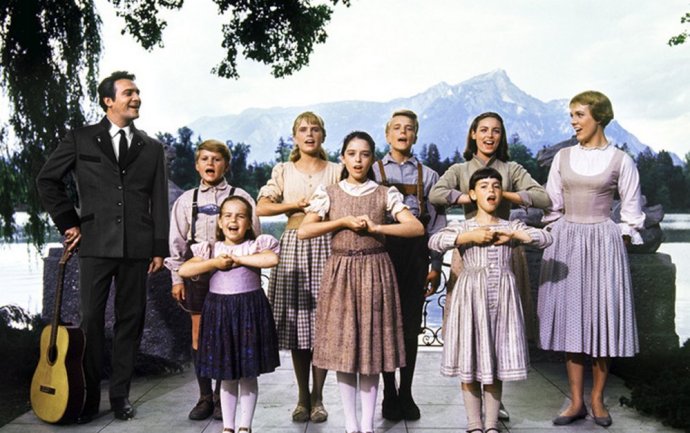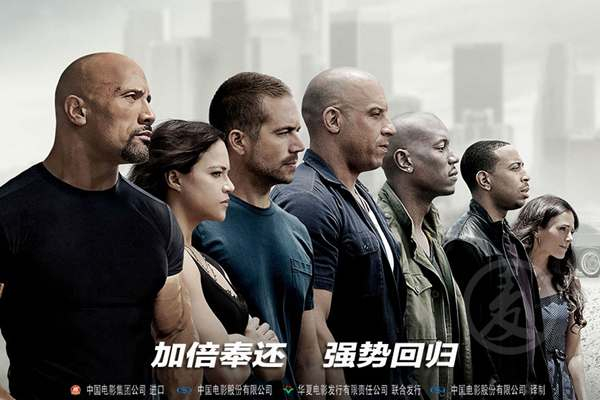It’s reasonable to ask what the Chinese film industry gets from Hollywood. But it’s also reasonable to ask what the Chinese film industry should get. Many would argue that China is already getting more than its fair share. But as Zhang’s piece makes clear, that’s not how China sees it.

Chinese film director Zhang Yimou has made some of my favorite Chinese-language films: Raise the Red Lantern, The Story of Qiu Ju, House of Flying Daggers, Hero, and more. He also produced the spectacular Opening Ceremony of the 2008 Olympics in Beijing, for which he is justly revered in China. Despite some recent missteps (The Flowers of War, The Great Wall) his credibility as an artist and Chinese cultural icon is nigh-unassailable.
Last week Zhang published an opinion piece in The New York Times titled “What Hollywood Looks Like From China” I’m not sure what to make of it. The piece contains some lovely metaphors and a call at the end for mutual cultural understanding. But the middle section, ostensibly a summary of the relationship between the Chinese and American film industries, reads like the opening statement in a trade negotiation: “But at the moment, a large discrepancy exists in that very few Chinese movies are able to enter the American market and attract a significant audience. Chinese audiences provide Hollywood with huge profits, but what does China’s film industry gain in return?”
The language is slightly ambiguous (by intention, I assume), but a fair inference is that the playing field isn’t fair, and it’s specifically unfair to Chinese films because American movies dominate the Chinese market and rake in the cash, but Chinese movies are prevented from gaining a foothold in the U.S. market.
Reading this sort of thing, I’m sure, makes Hollywood’s blood boil. For years, China has systematically and formally constrained the ability of foreign movies to enter the Chinese film market through a quota system and periodic blackouts on non-Chinese films. The films allowed in under the quota system receive only 25% of the net profits, and even those numbers are aspirational, as the box-office numbers are woefully underreported and payments are sometimes months or years late. An additional number of foreign films are allowed in as buyouts, which except in limited situations (e.g., Resident Evil) do not involve any revenue sharing. The number of buyout films has been increasing and is expected to hit an all-time high of 70 films this year. Long story short, even when US films do well in China (and they often do) most of the revenue stays in China with the Chinese distributors and exhibitors.
Meanwhile, Chinese films have essentially unfettered access to the US market. All it takes is a willing distributor, which could be a Chinese-owned distributor like China Lion. When you add streaming to the mix, it is theoretically possible for every single Chinese movie to be released in America and the Chinese filmmakers can receive whatever sort of profit-sharing arrangement they can negotiate.
And we haven’t even talked about content restrictions: China regularly censors content, whether it be lopping off several minutes (Logan), agreeing to show a movie then pulling it in the middle of its first showing (Django Unchained), or declining to show a movie altogether (Ghostbusters). By contrast, Chinese films are generally shown uncut in the US absent a specific agreement between the filmmaker and the distributor.
Zhang is absolutely correct about the box office disparity, though. Despite the restrictions in China, American movies still do huge business there – although Chinese movies continue to gain strength and popularity. And notwithstanding the openness of the US market, Chinese films continually fail to gain any traction in the U.S. market.
But so what? People watch what they want to watch. It’s not as if films from other countries do any better in the US. The list of top-grossing foreign-language films in the US since 1980 is dismal reading if you’re a foreign filmmaker: Crouching Tiger, Hidden Dragon is in the lead with $128M, but the next film after that (Life is Beautiful) only made $57M, and by the time you get to #11 the grosses are down to $20M. The market for foreign films in the US remains small and largely limited to two demographics: diaspora-driven audiences and arthouse audiences. Otherwise, Americans don’t want to watch movies with subtitles and won’t accept dubbed films. And although Crouching Tiger’s phenomenal success cannot be ignored, it is extremely hard to see it as anything but a once-in-a-lifetime event. Zhang Yimou should know this better than anyone; his films Hero (#3 all-time foreign film with $53.7M) and House of Flying Daggers (#26 all-time with $11M) benefited from the post-Crouching Tiger box office swell for Chinese films that ended nearly as quickly as it started.
It’s perfectly understandable for a country to support and protect its own filmmakers and retain its own cultural identity. If I had grown up in another country, I’m sure I would have mixed feelings about America’s cultural dominance. But justifying China’s protectionist measures by comparing relative box office percentages is an argument of false equivalents. Let’s not forget that foreign companies are prohibited from distributing films in China, and can only produce movies in China if they have a Chinese partner. Meanwhile, China’s Dalian Wanda Group, through its ownership of AMC Theatres, is the largest film exhibitor in the United States.
It’s reasonable to ask what the Chinese film industry gets from Hollywood. But it’s also reasonable to ask what the Chinese film industry should get. Many would argue that China is already getting more than its fair share. But as Zhang’s piece makes clear, that’s not how China sees it. Backup plans, anyone?







